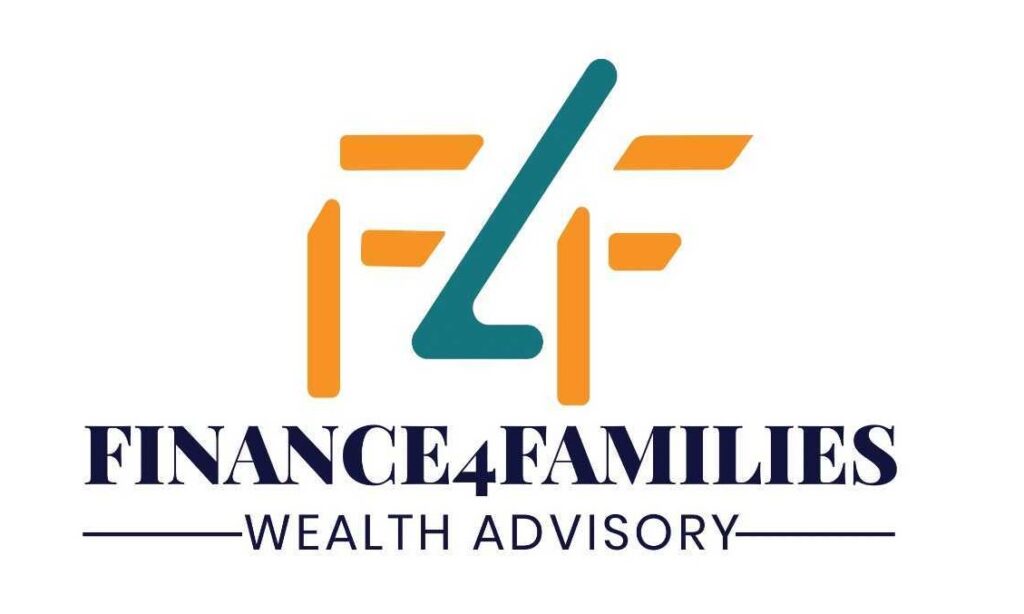Welcome to our beginner’s guide to financial literacy!
If you are just starting out your journey to acquire financial knowledge, you are in the right fold. For today’s blog, Our goal is to simplify complex financial concepts into easy-to-understand terms that anyone can grasp, using relatable and engaging language, because we believe that learning about money can be fun and engaging!
1. Budgeting: This means making a plan for how you will use your money. You know how much you are earning, then decide how much to spend, save, and put aside for investing.
2. Saving: Saving is about setting some money for future use. You do not know future financial obligations and if you will have money at that point, so it is good to keep aside for such emergencies. You can also save for things you want to buy at a later date, so you start putting money aside for the future purchase.
3. Debt: Debt is when you borrow money with promise to pay it back, usually with extra money called interest. In African tradition, if you borrowed a basket that you were to return, you are not to return it empty. So be sure that if you have to borrow, you know where the money to pay back will come from as well as the extra money (interest).
4. Interest: is the fee paid for using someone’s money. When you lend money to someone you earn interest from the borrower – they pay back with little extra to say Thank You. If you borrow the money then you have to pay back with interest.
5. Compound Interest: This is when you earn more money on top of the money you already earned as interest. It’s like having a money tree that grows more money every year.

6. Investing: Investing is using your money to buy things that can grow in value. Being the owner of the item can either earn you income periodically or you can sell it in future at a higher price. You could buy a car that you rent out for car hire or Uber services and generates you an income.
7. Asset: An asset is something valuable that you own, it appreciates in value and has potential of earning you income.
8. Income: Income is the money you earn, like from doing chores, a job, or owning something (asset) that appreciates in value.
9. Liability: liabilities are the things you owe or the money you need to repay in the future. If you have borrowed money or have bills to pay, those are your liabilities. It’s important to keep track of your liabilities to make sure you can afford to repay them when the time comes.
10. Expense: Expenses are the money you spend on things you need or want. They are the costs you pay for goods or services. By understanding and controlling your expenses, you can make sure you’re not spending more than you can afford.
Now: Understanding these simple financial concepts can help you manage your money wisely and make smart decisions about saving, spending, and growing your financial resources. Remember, financial literacy is a journey, and the more you practice these fundamental concepts, the better you’ll become at managing your money wisely.



